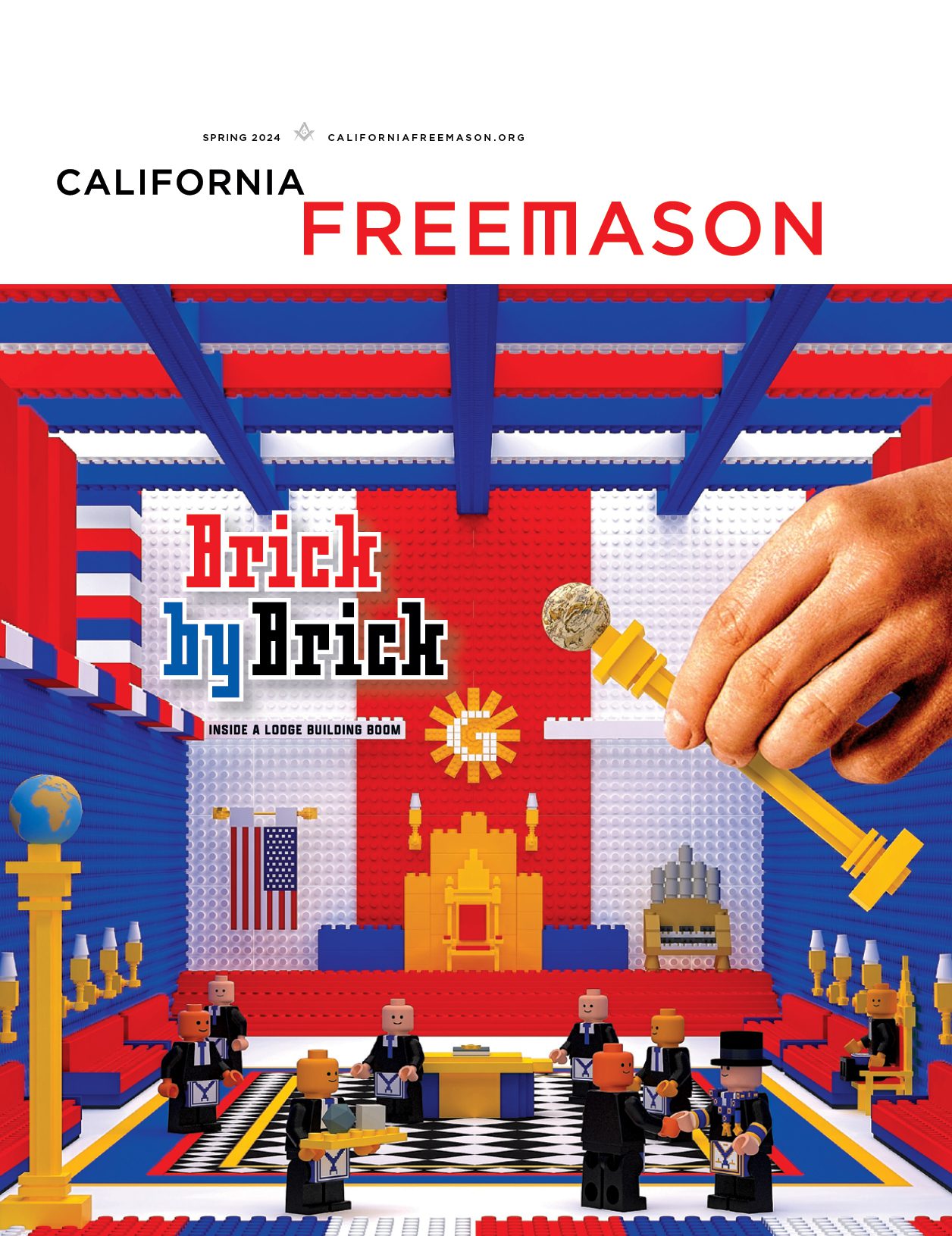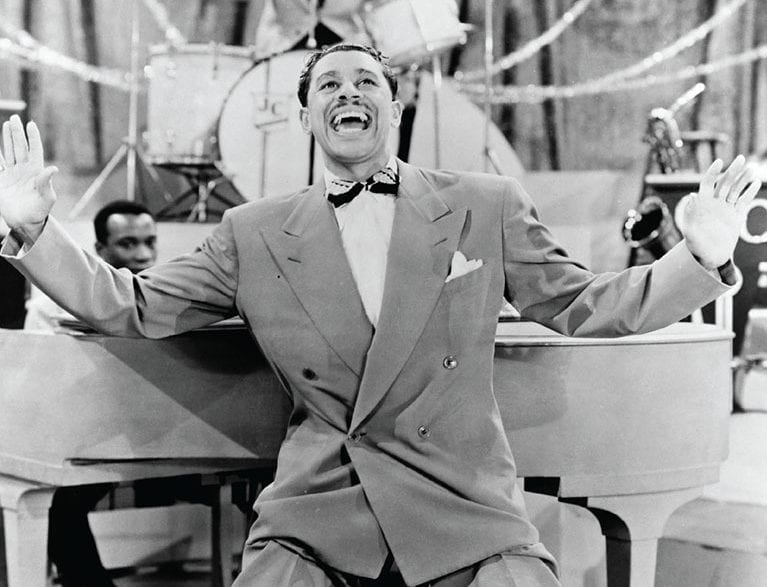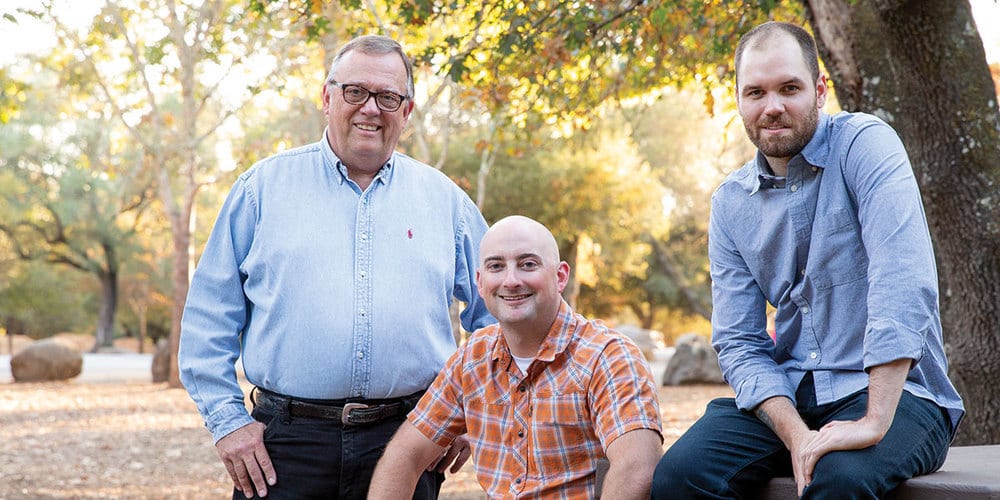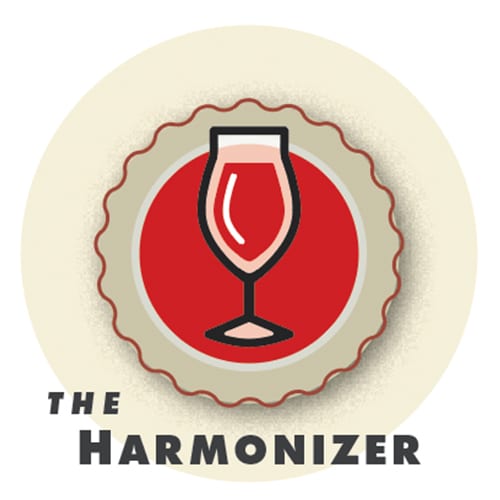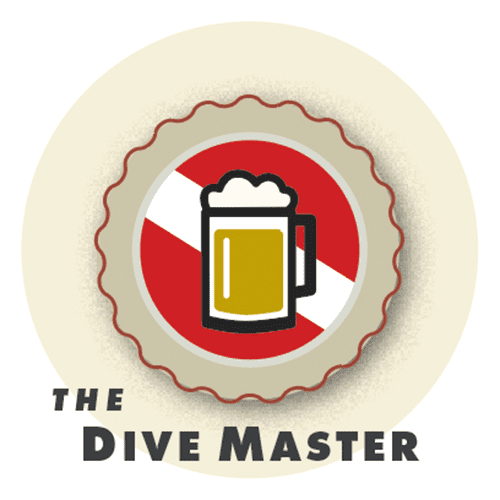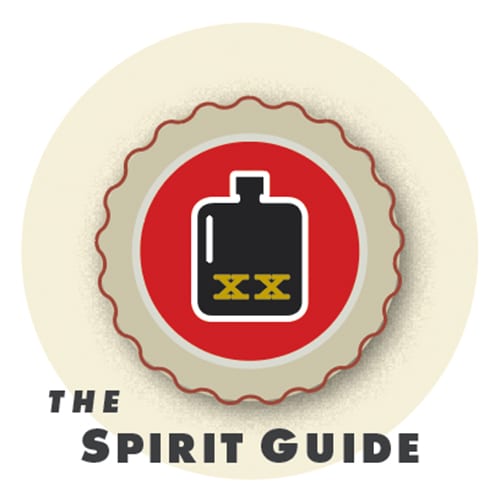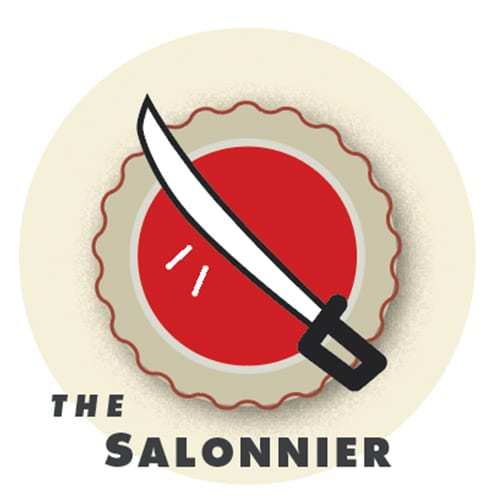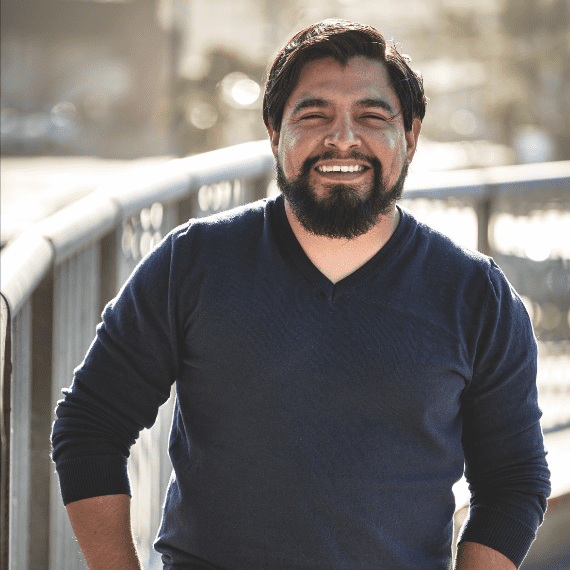
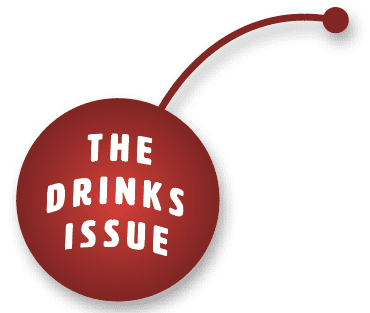
The Toastmasters
The Harmonizer
Winemaker Karl Lehmann on seeking life’s perfect blend.
By Anya Soltero
Karl Lehmann’s career-defining revelation came, as it should, over a glass of cabernet. It was 1997, and Lehmann, who would go on to make his name as one of Napa Valley’s premier winemakers, was a chemistry student at the UC Berkeley, part of an international team sequencing the human genome. Sharing a bottle with several colleagues, he was struck by the similar ways each person described the wine. Was it just a great bottle of cab, he wondered, or was there a genetic component to their shared experience?
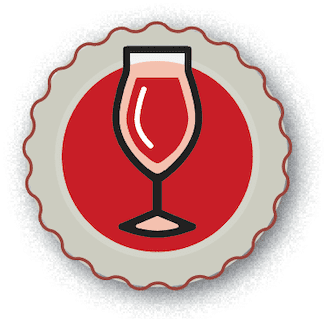 “You can look at everything we consume as having a shape on the palate that everyone can agree upon,” he says. Despite his colleagues’ diversity, their shared genetic traits likely meant that they physically experienced the sensation of drinking wine the same way, he speculated. It was a scientist’s attempt to explain the ineffable lure of a great bottle.
“You can look at everything we consume as having a shape on the palate that everyone can agree upon,” he says. Despite his colleagues’ diversity, their shared genetic traits likely meant that they physically experienced the sensation of drinking wine the same way, he speculated. It was a scientist’s attempt to explain the ineffable lure of a great bottle.
For Lehmann, pairing his two greatest passions—chemistry and wine—has yielded some robust results, leading him into the rarified air of premier California winemaking. That journey took him to UC Davis’ storied viticulture department, and eventually into Sonoma and Napa Valley’s vineyards, including a season at Folie à Deux working under winemaker Scott Harvey, who introduced him to the physically demanding work in the cellars. After graduating, he moved on to Stags’ Leap, one of the valley’s top producers, and then to Storybook Mountain Vineyards. “I was exposed to excellence from the very start—the top of the industry,” Lehmann says.
After overseeing the highly successful 2004, 2005, and 2006 vintages for Storybook, Lehmann teamed up with a fellow winemaker to found Vellum Wines in St. Helena, where they aimed to develop a great Bordeaux-style wine. After rallying investors, they focused on the British market, sending Lehmann to crisscross Europe and meet with winemakers and merchants. His efforts would pay off, as Vellum’s 2012 cabernet received a 96 score from Decanter magazine, and the first of three straight silver medals from the Decanter World Awards.
Despite critical acclaim, the economic pressures of running a high-end winery proved to be too much, especially after the 2016 Tubbs Fire, which devastated much of the wine country. “The power was out, and we were watching a 100-foot flame from across the vineyard,” Lehmann recalls. “So I thought, Let’s open the best.” He uncorked a bottle of 1970 Château Mouton Rothschild and watched the fire approaching from a few miles away. His last year of production was 2017.
Lehmann has since turned his attention to wine consulting work, lecturing around the globe, including in China and Russia. Getting away from the day-to-day grind of winemaking also allowed him to pursue Freemasonry, which he’d learned about from his grandfather and other relatives. His godfather, a Maine Freemason, referred him to Yount No. 12, where Lehmann was raised in 2017. Not surprisingly, Lehmann gravitated toward the lodge kitchen, taking over as de facto chef de cuisine and lodge sommelier. “I aim to boost the morale of my brothers and want it to be the best possible and most enriching experience they can have,” Lehmann says of lodge dinners, which he prepares for as many as 70 fellow members. In 2018, he was named his lodge’s Mason of the Year.
In both Masonry and winemaking, Lehmann says, balance is the key to harmony. It’s a mantra he’s tried to live by. “If you’re not a complete person—settled and connected—others will sense that about you and won’t connect to you on the same level,” he says. “The wisdom of Masonry is self-fulfillment. It’s taking the sum of all of your parts and becoming the best person you can be, then going out into the world and being that best version of yourself for others.”
PHOTOGRAPHY CREDIT:
Jamie Kingham
More from this issue:

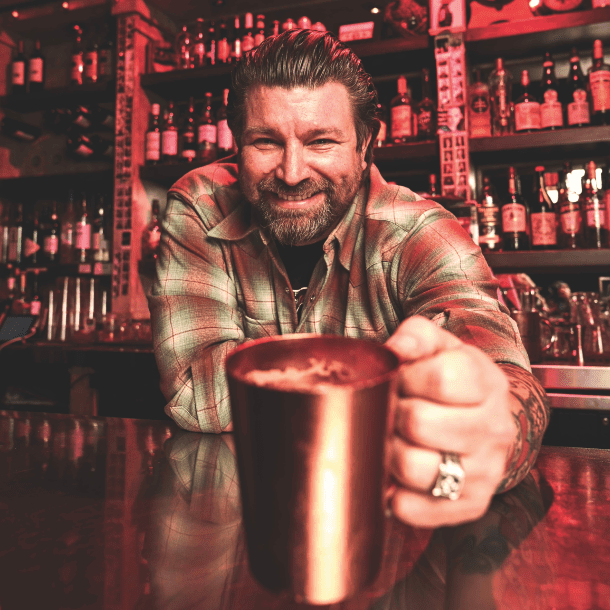
The Toastmasters: The Dive Master
A SoCal Mason shares a beloved family tradition: a good drink.
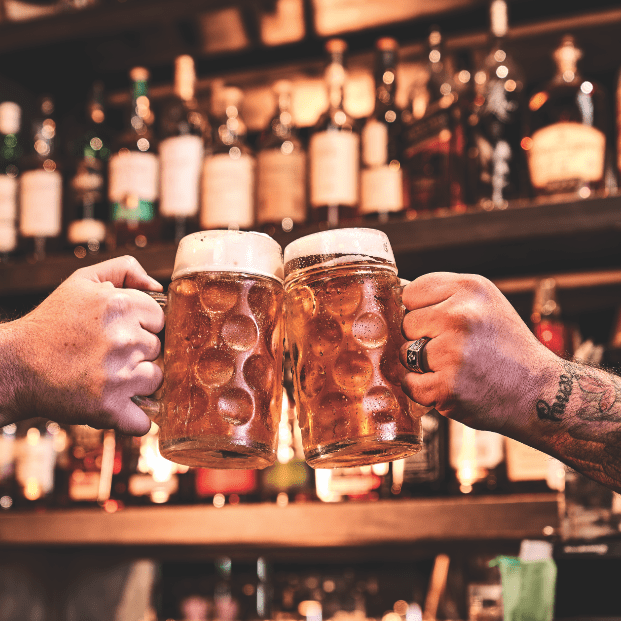
Cover Story: At Refreshment
Why lifting a drink represents the pure, distilled essence of Freemasonry.
